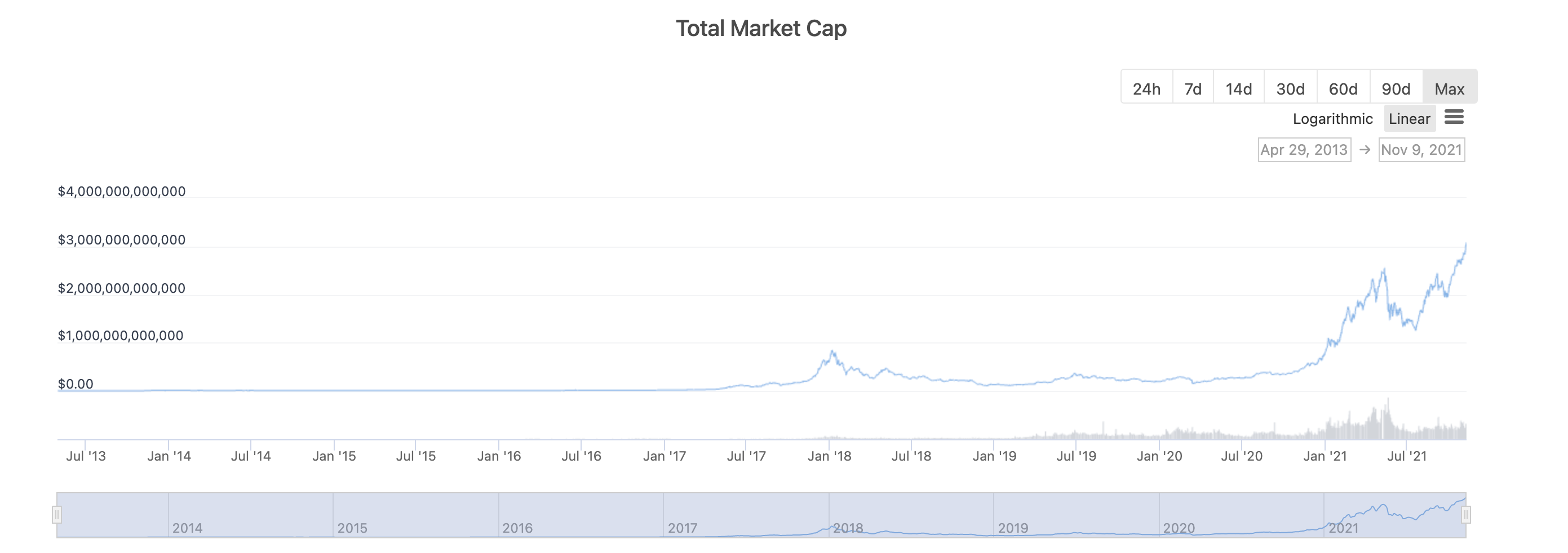In spring 2018, as initial coin offerings (ICOs) fueled a massive boom in crypto, the RSA Conference brought together nearly 50,000 professionals in Las Vegas to discuss the latest updates in internet security and cryptography.
Each year, the event ends with a fireside chat featuring some of the industry’s earliest pioneers. In 2018, these luminaries – including Adi Shamir, instrumental in public-key cryptography; Ronald Rivest, Turing Award winner; and Whitfield Diffie, co-inventor of public-private keys – all sat down to discuss the rise of cryptocurrencies, then fondly referred to as the “other crypto.”
While they all agreed there was merit in Bitcoin’s use of blockchain technology to secure the network, they concluded that it was over-focused on price speculation and labeled it as little more than “hype.” So they moved on to discuss the Facebook-Cambridge Analytica scandal and how it symbolized the exploitation of cryptographers, developers and designers for commercial gain.
While they might have had a point about the world’s largest social network, they overlooked a key component of cryptocurrency and blockchain: that inside these networks are the blueprints for building businesses that put those overlooked specialists in the driver’s seat.
Beyond “number go up”
Today developers operating in Web 3.0 are actively leveraging decentralized infrastructure to create products they want to build, whether it’s green non-fungible tokens (NFTs), social networks where users own the data or groundbreaking new technology like sharding. Developers alone have unique tools and access to communities to create such novel products away from traditional corporate structures.
They also have the freedom to choose what networks and what tools to use. At NEAR, we believe the future is multi-chain, not “one blockchain to rule them all,” which is why we’ve spent the past 12 months building bridges between networks. A developer on Ethereum, for example, can take advantage of NEAR’s speed, security and scalability without having to write any more code.
Rainbow Bridge allows stablecoins like USDT, wrapped assets like WBTC, decentralized exchange (DEX) tokens like UNI, lending tokens like AAVE and service company tokens to operate freely on NEAR. Aurora meanwhile, allows Dapps to also utilize NEAR’s speed and scale to create smooth experiences free from rocketing gas fees and network slowdowns.
The developers at Aurora organize through a decentralized autonomous organization (DAO), delegating decisions to their community. This approach, or “hype,” as it was dubbed a few years ago, is creating genuine value for developers and their communities. Just last month, Aurora successfully completed a $12 million round of fundraising, adding further legitimacy to the developer-first mindset crypto has become known for.
Octopus Network, meanwhile, allows other developers to create “app chains,” blockchains of their own design that can plug directly into NEAR’s mainnet, providing a level of security and scalability that has never been seen before. This virtuous cycle, of developers creating tools for other developers to create tools, is the beating heart of blockchain.
Breathing life into these ideas are communities that vote with their wallets to make these projects home. NEAR has seen explosive growth in its community, with more than 1.3 million wallets active in the ecosystem.
For developers in the Web 2.0 world caught between the politics of big business and the desire for creative freedom, crypto and blockchain are rapidly becoming a viable alternative. NEAR’s own creators,Illia Polosukhinand Alex Skidanov, were in the exact same position three years ago. One worked at Google, the other at MemSQL, the distributed sharded database that powers Goldman Sachs, Samsung and Uber.
They wanted to create a network that was easy to use for developers and for users – so they created NEAR. Developers across crypto are doing the same. If you’re a developer curious about this brave new world, we invite you to join, take part and define your own existence.
